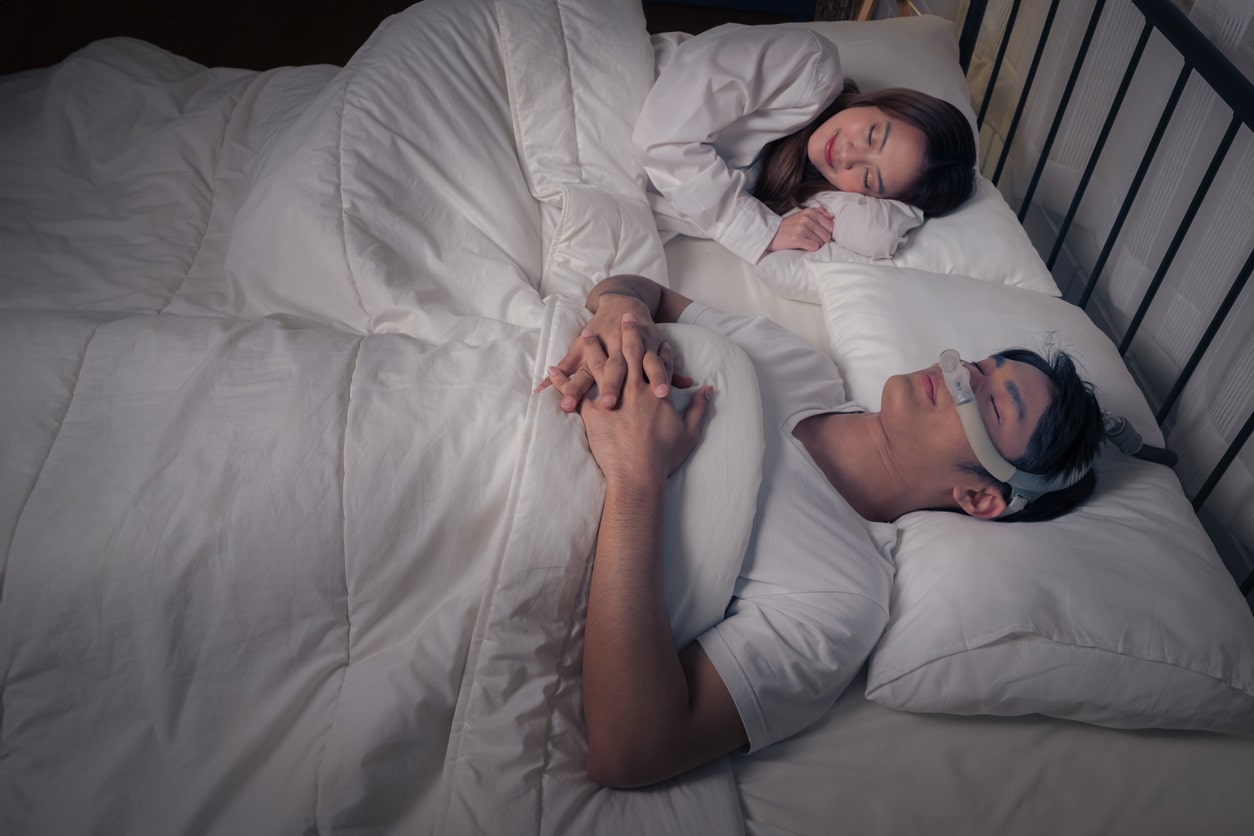 Philips may be close to resolving criminal charges with the Department of Justice (DOJ), charges relating to its recall of CPAP machines, BiPAP machines, and ventilators.
Philips may be close to resolving criminal charges with the Department of Justice (DOJ), charges relating to its recall of CPAP machines, BiPAP machines, and ventilators.
The New York Times has reported that Philips and the DOJ are negotiating a consent decree, which would probably require Philips to document steps it will take in the future to prevent a similar failure to the one leading to the recall from occurring.
The DOJ has been investigating Philips’ CPAP recall, and subpoenaed Philips in April over the recall.
Philips, in June 2021, recalled numerous CPAP machines, BiPAP machines and ventilators, stating that the machines contained polyurethane foam which may degrade and be ingested by or inhaled by users. Philips had just announced in April 2021 that it was launching a product known as the DreamStation 2, a CPAP machine which doesn’t contain the recalled polyurethane foam. It appears that Philips may have known its products were dangerous prior to June 2021, but chose to wait until after the DreamStation 2 was announced to recall the products.
The DOJ investigation came after the FDA reported about 2018 company emails showing that Philips knew from its own internal testing that humidity and high heat can degrade the foam. The company emails stated that Philips, despite knowing this, decided not to change the machines’ design.
Lawsuits Claim Philips Knew Devices Were Dangerous, Sold Them Anyway
Hundreds of lawsuits have been filed against Philips, claiming that the company knew for many years that its CPAP, BiPAP and ventilator devices were dangerous but sold the devices anyway without warning about the danger.
The lawsuits claim that Philips knew for years that the polyurethane foam in the devices would degrade and shouldn’t be used in the devices.
According to Philips, the foam can break down into small particles which can be ingested and inhaled, and the foam can also emit volatile organic compounds in gas form which can be inhaled, leading to serious injury which may be life-threatening or lead to permanent impairment. Philips stated that exposure to chemicals emitted by the foam may lead to carcinogenic and toxic effects.
Lawsuits claim that Philips sold heated humidifiers as accessories to its CPAP devices, advising that the devices could be stored in rooms as hot as 140 Fahrenheit, despite knowing that humid, hot conditions led to the foam in the devices degrading rapidly.
According to an FDA inspection report, Philips executives have been aware of issues regarding potential foam degradation since at least January 2020, and that complaints and field reports prompted tests of the foam going back to 2016. The report claims that Philips, as of November 2015, was aware of a preventative maintenance servicing procedure implemented by the company in response to foam degrading in Trilogy ventilator devices.
Reworked Philips Ventilators Recalled
Certain reworked Philips Trilogy 100 and 200 ventilators, which were recalled in June 2021, have been recalled. The reworked ventilators were recalled because, while reworking the ventilators was supposed to completely remove the polyurethane foam known to degrade from the ventilators, Philips observed residual amounts of this foam in some of the reworked Trilogy ventilators which they returned to their customers.
The reworked ventilators were also recalled because the silicone foam which replaced the polyurethane foam might separate from the devices’ plastic backing because of adhesive failure. This could lead to the foam moving and blocking the airpath, reducing airflow. This could lead to patients experiencing hypoxemia, hypoventilation or asphyxia, which may be life-threatening.
Recalled Philips Devices Linked To 260 Death Reports
The recalled Philips CPAP, BiPAP and ventilator devices have been linked with 260 reports of death, according to the FDA. Over 90,000 medical device reports associated with the breakdown of the polyurethane foam in Philips’ devices have been submitted to the FDA since April 2021.
Risks associated with swallowing or inhaling broken down pieces of the foam, according to the FDA, include:
- Cancer-causing or toxic effects to organs like the liver and kidneys
- Asthma
- Headache
- Inflammatory response
- Irritation to the respiratory tract, nose, eyes and skin
Risks associated with inhaling chemicals emitted by the foam in the recalled devices, according to the FDA, include:
- Cancer-causing and toxic effects
- Vomiting or nausea
- Hypersensitivity reaction
- Irritation to the skin, respiratory tract, nose or eyes
- Dizziness
- Headache
Millions Forced To Wait Over A Year For Replacement Devices From Philips
According to a Medpage Today report, as of September 2022, over 5.5 million CPAP, BiPAP and ventilator devices have been recalled by Philips. However, according to Philips, as of October 25, 2022, only 2,000,000 replacement devices have been shipped in the United States, meaning that millions of people have been forced to wait for over a year to receive their replacement devices after the June 2021 recall.

